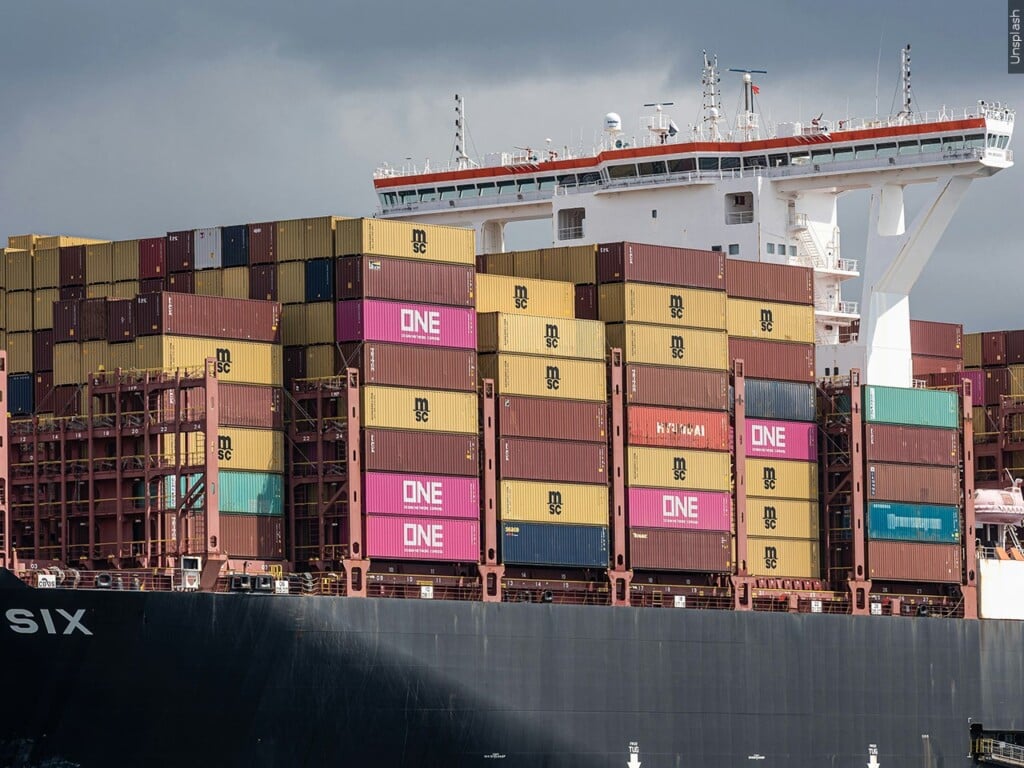Morning Business Report: Tariffs, job market jitters
(LILAMAX)- The economic landscape is shifting as key court decisions, labor market signals, and corporate strategies respond to mounting pressure from U.S. trade policy.
The wide-ranging tariffs enacted by the Trump administration will remain in place—for now. A federal appeals court has paused a lower court ruling from the U.S. Court of International Trade that found President Trump overstepped his authority by bypassing Congress to impose the tariffs. The stay allows the administration to continue enforcing the duties while the legal battle continues.
Trump officials say they have additional tools to impose tariffs even if the case doesn’t go in their favor. Legal experts believe the case could ultimately land in the Supreme Court.
Meanwhile, the job market is showing early signs of stress. The Labor Department reported an unexpected rise in weekly jobless claims, jumping to 240,000 from 226,000. Economists say the increase may reflect companies bracing for the potential impact of tariffs on their operations.
Despite concerns about tariffs, markets found support from tech giant NVIDIA, whose strong earnings helped push stocks higher. Still, investors remain cautious as the tariff issue winds through the courts.
Retailers are also making adjustments. Gap says it won’t significantly raise prices in response to tariffs. Instead, the company plans to streamline its supply chain and reduce reliance on Chinese manufacturing. However, the retailer noted weaker performance at its Banana Republic and Athleta stores.
Consumers looking to buy a car may also feel the squeeze. A new report from Cars.com finds U.S.-assembled vehicles now cost more than imports from Canada and Mexico. The average price for a U.S.-built car is now around $53,000, driven higher by a separate 25% tariff on imported auto parts—including engines, transmissions, and other key components. Even domestically produced vehicles are affected unless they qualify for exemptions under the U.S.-Mexico-Canada Agreement (USMCA).












